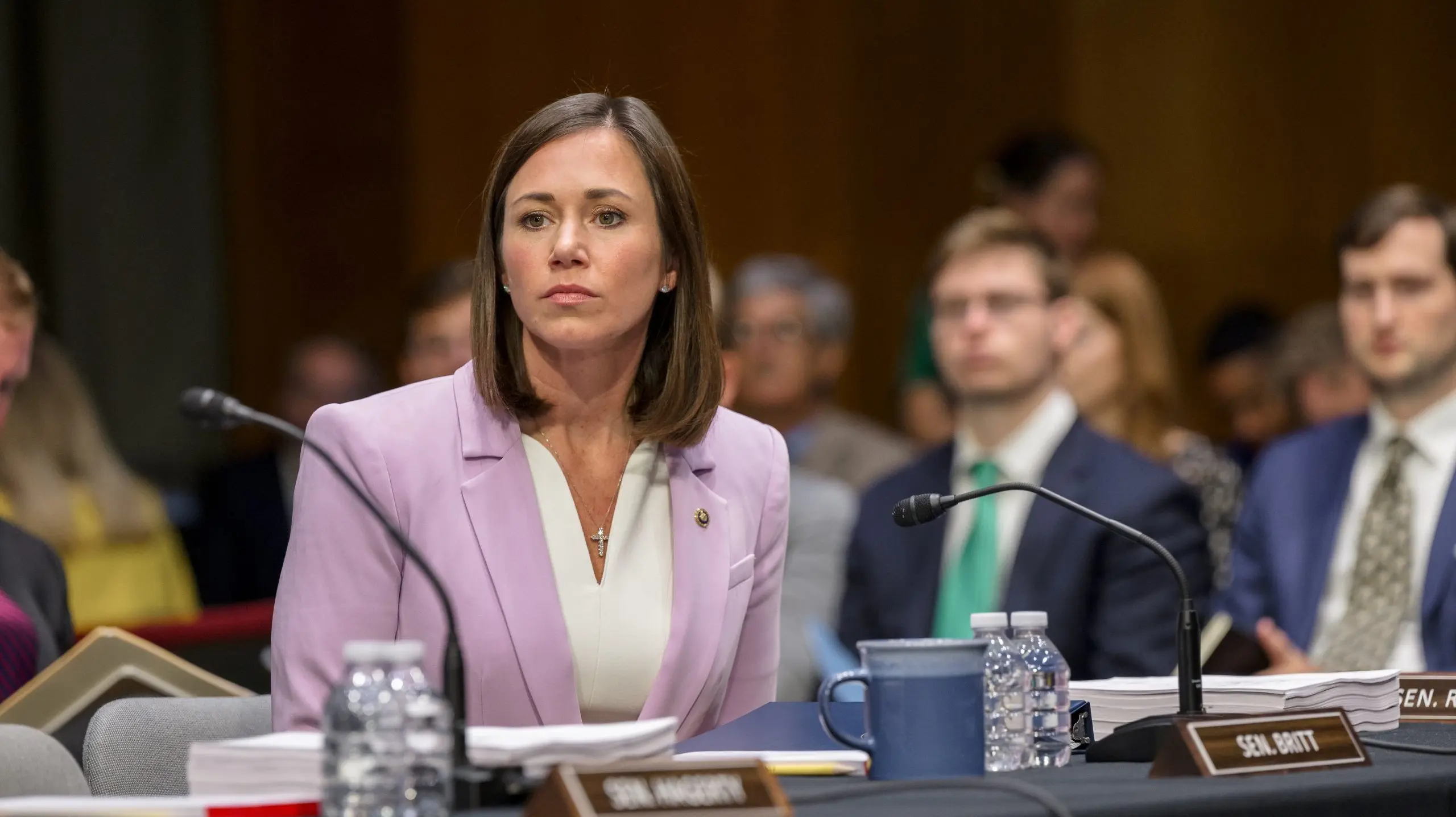|
Getting your Trinity Audio player ready...
|
U.S. Senator Katie Britt, R-Ala., on Thursday reiterated the need to pass the Protect Our Bases Act, which she introduced with Senator Tim Scott, R-S.C., to protect America’s military, intelligence, and national laboratory sites. Senator Britt’s call follows the Treasury Department releasing a proposed rule to strengthen the Committee on Foreign Investment in the United States’ (CFIUS) protections.
“We cannot allow foreign adversaries to gain access to our sensitive military, intelligence, or national laboratory sites,” said Senator Britt. “It’s encouraging to see the Treasury Department take some of our advice from the Protect Our Bases Act, but America’s security demands more. It’s past time for Congress to pass this commonsense legislation that would prevent foreign adversaries from gaining access to critical intelligence that could jeopardize our national security and strategic interests.”
BACKGROUND:
CFIUS reviews transactions involving foreign investments into the U.S. The new proposed rule would require CFIUS to review real estate transactions near military installations in order to prevent foreign adversaries owning land in a close proximity. In Alabama, this includes Anniston Army Depot, Fort Novosel, Maxwell Air Force Base, and Redstone Arsenal. The updated rule mirrors some of the language from the Protect Our Bases Act.
The legislation would require CFIUS to review foreign land purchases near sensitive military, intelligence, and national laboratory sites. Additionally, the legislation would require CFIUS to submit an annual, confidential report to Congress certifying the completion of such reviews and the accuracy of its real estate listings.
In 2022, Fufeng Group, a Chinese company with ties to the Chinese Communist Party, announced it would purchase land near Grand Forks Air Force Base in North Dakota. CFIUS determined it could not evaluate the transaction for national security risks because the Department of Defense had not listed the base as a sensitive site for national security purposes. Although the City of Grand Forks ultimately blocked the transaction, the incident demonstrated a significant flaw in the review process of foreign land purchases. CFIUS relies on its member agencies to provide updated information on sensitive military, intelligence, and national laboratory sites in order to properly assess the security risk of foreign investment in our country. If CFIUS member agencies do not appropriately update their site lists, CFIUS cannot ensure an accurate review.
Since taking office, Senator Britt has supported several pieces of legislation holding foreign adversaries accountable and standing up for hardworking Americans. The first piece of cosponsored legislation is the Foreign Adversary Risk Management (FARM) Act, which was introduced by Senator Tommy Tuberville, R-Ala., Senator Britt also introduced the Not One More Inch or Acre Act with Senator Tom Cotton, R-Ark., which prevents any Chinese national or entity from owning American land. Most recently, the Consolidated Appropriations Act, 2024 included an amendment sponsored by Senator Britt that would provide funding to the U.S. Department of Agriculture to establish a streamlined and uniform process for the tracking and disclosure of all foreign investment in American farmland.




















































